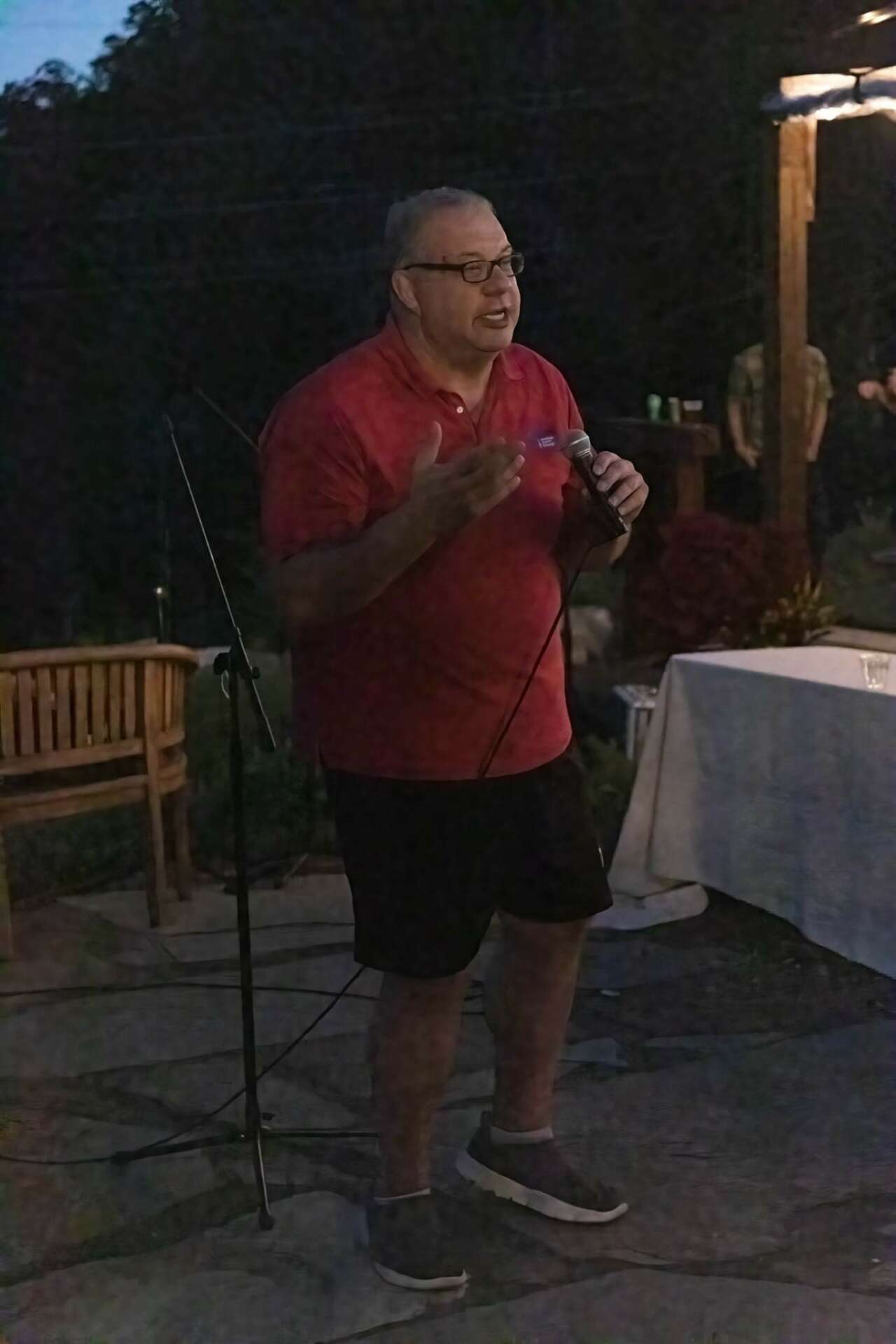We recently connected with Michael Holtz and have shared our conversation below.
Michael, appreciate you joining us today. Let’s kick things off with your mission – what is it and what’s the story behind why it’s your mission?
I was diagnosed with stage-3b cancer on March 27, 2012. It was five days after my 43rd birthday. I endured 11 months of treatment that included oral chemotherapy combined with radiation therapy, surgery to remove the tumor, and six months of adjuvant chemotherapy to make sure the cancer was gone. I was employed by the largest cancer nonprofit organization in the country when I was diagnosed. My diagnosis, though, hardened my resolve to do everything I can to eliminate cancer as we know it.
I left the American Cancer Society Cancer Action Network in 2014 after frankly being burned out. I was living cancer 24/7, still recovering from my own treatment while traveling the 14-state region I covered working the media in support of our legislative campaigns. I needed a break.
I went to work for the local public health department. I was invited to attend an ACS CAN event in Washington, DC in March 2015 and left agreeing to serve as the lead volunteer in Tennessee. I knew I could use my voice and my story more effectively as a volunteer, and I could say “no” if there was something I couldn’t/didn’t want to do (not that I ever do).
I am fully committed to ending cancer as we know it, and volunteer for several organizations, including ACS CAN, Fight Colorectal Cancer, National Coalition for Cancer Survivorship, Cancer Support Community of East Tennessee, and Thompson. Cancer Survival Center.
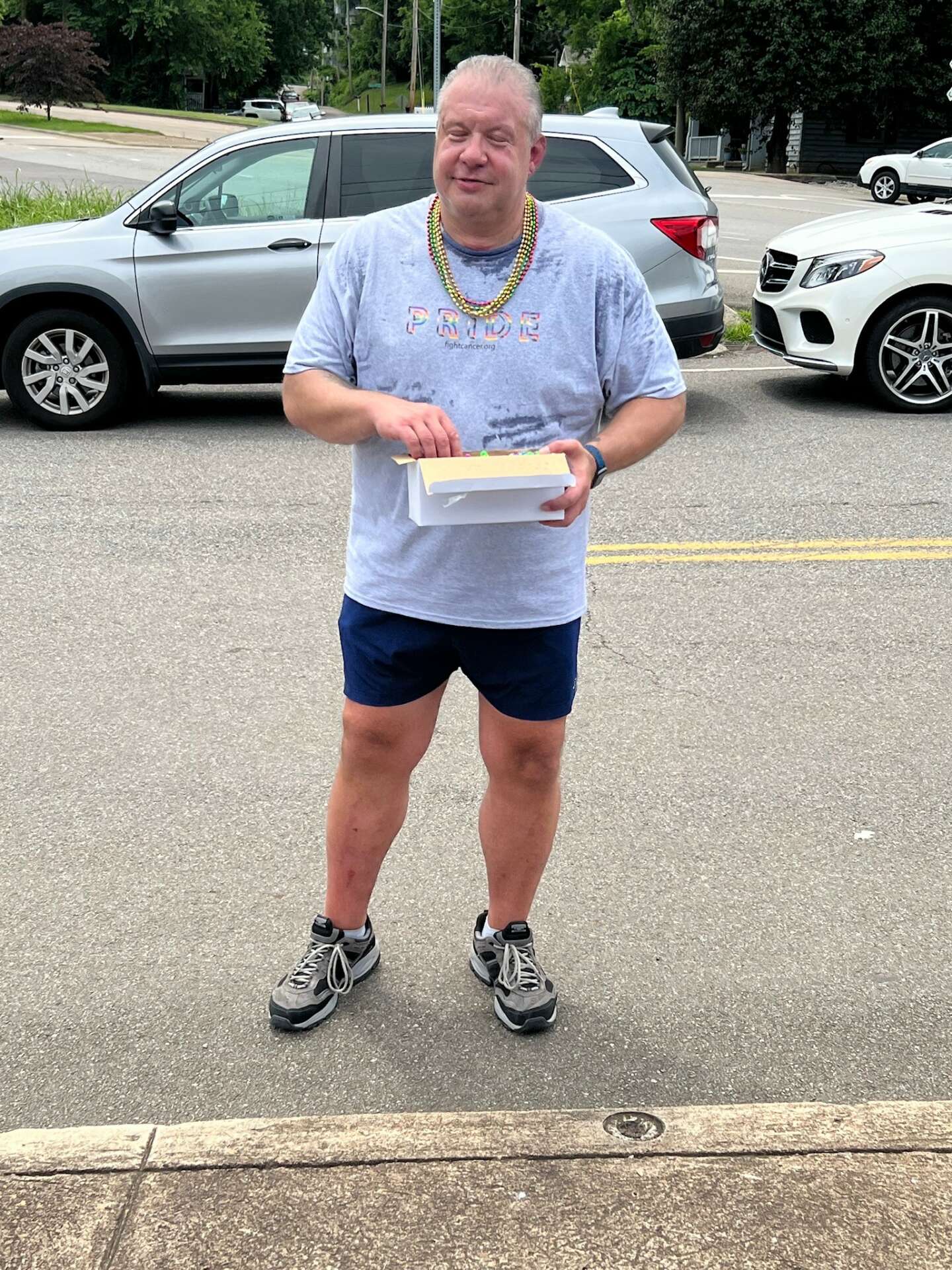
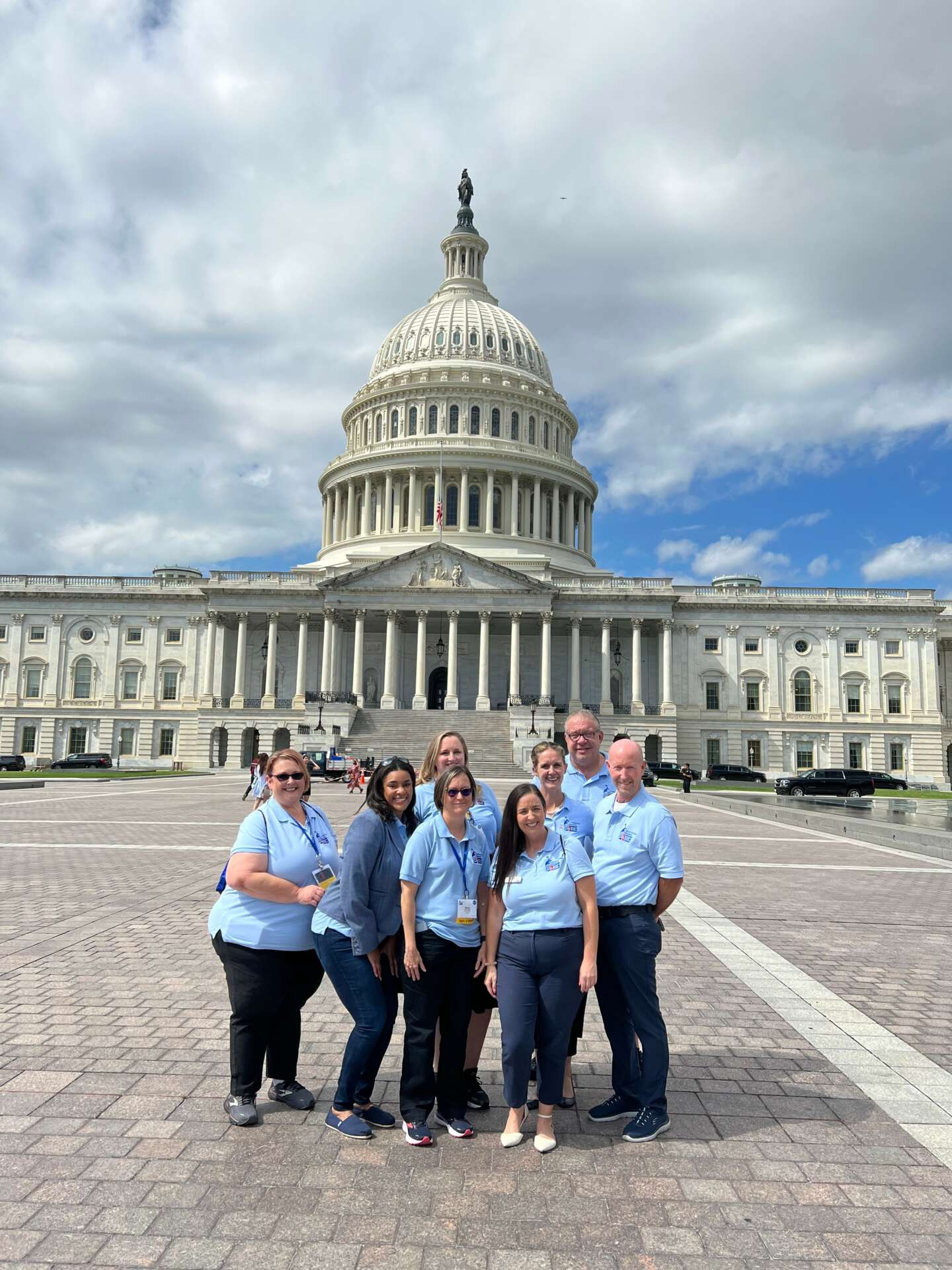
Michael, love having you share your insights with us. Before we ask you more questions, maybe you can take a moment to introduce yourself to our readers who might have missed our earlier conversations?
For as far back as I can remember I wanted to be a writer. I loved words and books, and learned to read before I entered kindergarten.
When I was in high school my English teacher, Susi Laske, recommend I apply to be on the school newspaper staff. At my high school, William Horlick High School in Racine, Wis., there was a rigorous application process to join the paper. You had to apply and submit to an interview with senior staff members. I passed with flying colors and was invited to join the newspaper staff.
From the first day I walked into class (newspaper was an elective), I knew I had found place. I loved telling the stories of my fellow students, and of reporting on big issues effecting life outside of school, like the AIDS epidemic and the Ethiopian famine.
I was editor in my senior year of high school and won a writing award and a scholarship from the Kettle Moraine Press Association. In college I wrote for the University of Wisconsin-Milwaukee Times, and landed an inter ship at the Milwaukee Journal, the city’s evening newspaper. The internship was grunt work, where I watched all three local evening newscasts and created a report for the editorial team. I had a brush with greatness in that I left the office one night just before the Jeffrey Dahmer story broke.
From there, I did an internship at the Waukesha Freeman, where I actually got to write stories and even landed on the front page a couple of times.
While in graduate school at the University of Tennessee, I landed my dream job as editor of a community newspaper, now called the farragutpress. I loved the work, but the hours were brutal and the pay sucked, so I took the opportunity to move into public relations when I was offered a job to work for a hospital.
Still got to write, still got to tell stories, and I helped the media tell stories as well. In fact, I built a solid reputation as a media relations practitioner such that my hospital was in the news for something almost every day for three years.
After four years at the hospital, I was offered a role in the communications department for the American Cancer Society/ACS CAN, where I worked for 12 years.
I always believed there was a book inside me waiting to be written, and I tried on several occasions to tell the story of my difficult relationship with my dad, but writing it bored me. Then I was diagnosed with cancer.
I kept a positive attitude through my cancer treatment journey. As a result, my father-in-law and a friend urged me to write a book about my experience. I’d written very openly about my experience on Facebook and CaringBridge, and used those posts as the beginnings of what would turn out to be “It’s Not Harder Than Cancer: The Mindsets You Need to Survive and Thrive After Serious Illness.”
I self-published on Amazon and continue telling the story on my website, michaelholtzonline.com. I plan to publish a second book, tentatively a book of essays on the precarity of life based on my blog posts.
What do you think helped you build your reputation within your market?
Building my reputation has been about openness. During treatment I shared every aspect of the process, from the good of being surrounded by and supported by loved ones and friends, to the bad of cancer treatment’s pain and fatigue, to the ugly of anal leakage and having a permanent colostomy.
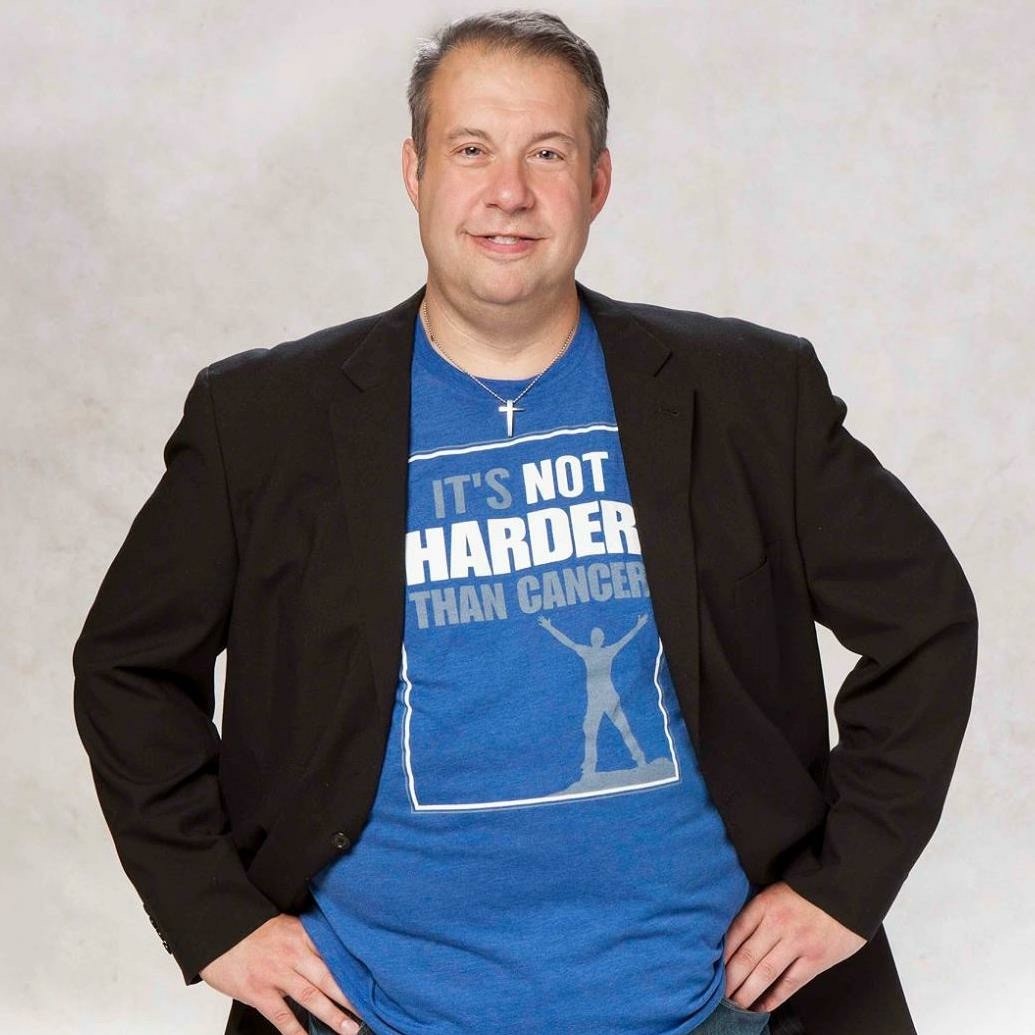
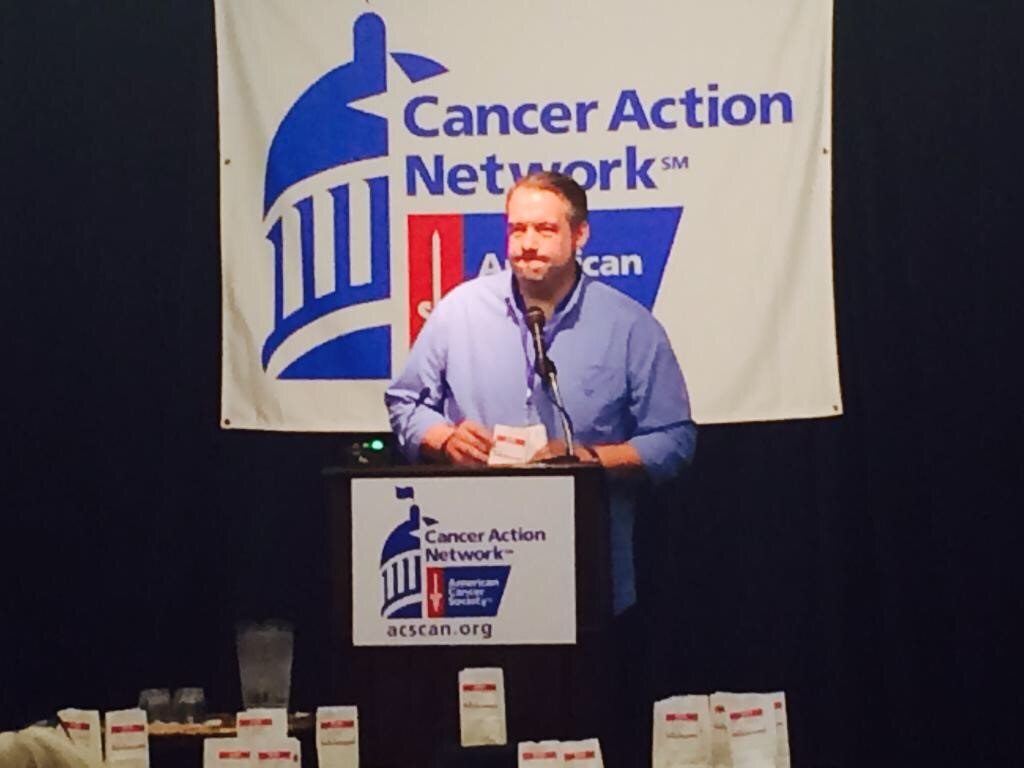
How did you build your audience on social media?
Being truly real and true to yourself or your vision is critical. Filtered, over-produced content is great, but it can also be a barrier between you and your audience. When I was in treatment, I posted unfiltered photos from the chemo chair. When I started sharing my post-cancer fitness journey, sweaty workout photos. When I post products, it’s because I actually use them, etc. Authenticity matters.
Contact Info:
- Website: http://www.michaelholtzonline.com/
- Instagram: @michaelholtzonline
- Facebook: https://www.facebook.com/mholtzonline
- Linkedin: https://www.linkedin.com/in/michaelholtzonline
- Twitter: @michaelholtz


